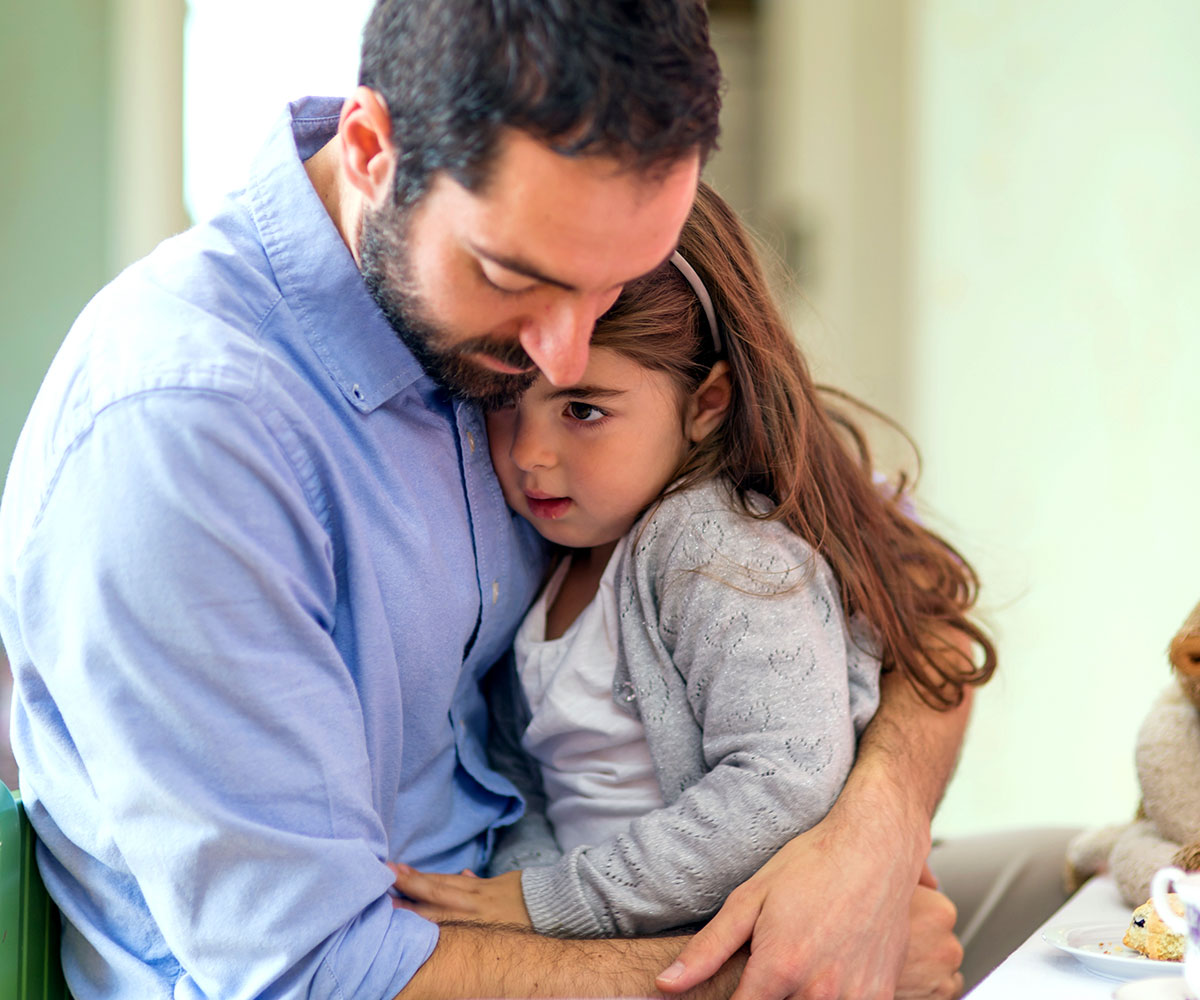We’re taught not to talk to strangers – and with very good reason.
But new research has found that it’s beneficial for us to interact with people we don’t know in our everyday lives. Why? Because, by nature, human beings are highly social, and interacting with others helps us feel connected, in turn improving our sense of wellbeing.
In a research paper published in the Journal of Experimental Psychology that seeks to explore why, then, that people in close proximity routinely ignore each other, researchers found that the main reason waiting rooms or bus/plane/train carriages are silent is because it’s quality interactions that we’re after. We underestimate how positive the experience of sharing an exchange with a stranger can be, and instead elect to keep to ourselves.
But in a world where we’re increasingly disconnected, even from those we love – more and more people work remotely, families are scattered far and wide, fewer people know their neighbours, and personal interactions are often via social media channels or apps or phones – it’s time to revisit the ‘don’t talk to strangers’ rule.
On a train at a subway in New York recently, something so out of the ordinary happened it made viral news. A guy got on a train and started playing a Backstreet Boys song, I Want It That Way. Against the odds – because anyone who commutes by train or bus knows that NO ONE talks or even makes eye contact – the other commuters in his carriage started singing along.
What sparked their participation is anyone’s guess. But in an interview with a radio station breakfast crew afterwards one of the commuters said it was one of the most magic experiences he’d ever had.
When the guy with the music got off, the final strains of the song trailing after him, there was an audible sigh of ‘don’t go’.
The other commuters even carried on talking with one another afterwards, he said.
It’s true, we can only cope with a few interactions in a day – how many depend on our mood as well as how extrovert or introvert we are. And it takes some confidence to start a conversation when everyone around you has nothing better to do than listen in. But sometimes when you least feel like talking to someone a simple exchange with another human being can be the most beneficial.
One of the most memorable interactions I ever had was on the street in the pouring rain, when I was feeling particularly miserable. I was halfway through a 10km run, training for my first half marathon, when the skies opened up. It was cold, it was wet, it was dark; and now there was thunder and lightning, too. In the distance, I spied another runner making her way towards me. As we passed we literally started laughing. That interaction carried me all the way home.

On a train in Italy at the age of 21 I struck up a conversation with a family from Naples. They invited me home for the weekend and my stay with them was one of the best travel experiences I had.
What people don’t realise about talking to strangers is that not only can it brighten a brief few moments in your day, it can also lead to friendships you might not otherwise have had. I’m now friends with two of my neighbours after striking up conversations with them on the bus.
It’s easy to shy away from reaching out to others. We naturally fear being rejected or humiliated. But we underestimate how much others seek connection too. Simply being friendly can make such a difference to a person’s day.
I grew up with a dad who was bipolar. He had few friends because maintaining an even keel was difficult for him and few people understood that.
But every day he hit the streets to walk his dog and on every walk he would be stopped by at least one or two people who wanted to chat with him and pat the dog. There were others he’d wave out to or exchange a friendly hello.
Those interactions made a difference for him; feeling part of a community was important.
Loneliness has been associated with a whole heap of physical and mental illnesses, and there’s a general feeling that loneliness is becoming more widespread in New Zealand.
While you can’t beat the deeper connections that ties with family and friends will bring, the brief interactions you share with strangers can make more of a difference than you could ever know.


